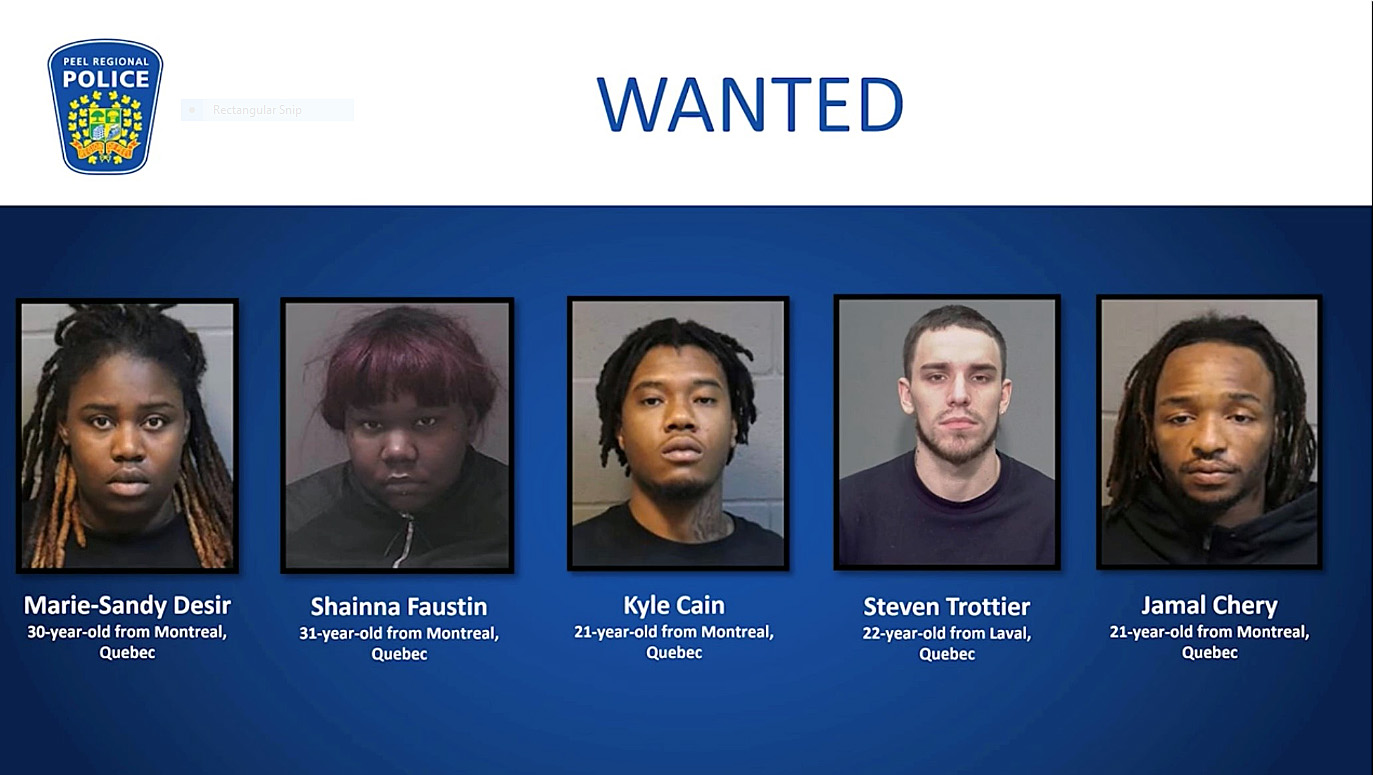Jobs
Toronto hotel tax bump: ‘We need to make sure they share the wealth,’ Chow says as Swifties send room rates skyrocketing

Toronto Mayor Olivia Chow says the incredible influx of fans into the city for Taylor Swift’s six-concert stay shows that Toronto’s hotel industry can afford to pay a little more in tax when major events come to town.
“They are doing very well. Taylor Swift is in town. Wow. It’s now costing a lot of money to stay in hotel,” Chow said. “So I would imagine that they are doing fine at this point.”
Chow’s comments come as City Council considers implementing a temporary hike in the Municipal Accommodation Tax (MAT) on hotels. A report being considered by council Wednesday recommends hiking the tax from 6 per cent to 8.5 per cent from June 1, 2025 to July 31, 2026 when Toronto hosts six FIFA World Cup games.
Asked to respond to criticism that the hike is being rushed without enough consideration, Chow disagreed that the move is being made too quickly.
“There’s nothing rushed about it. It’s been talked about in terms of the hotels paying their share and sharing their wealth,” she said.
In a letter to council, the Greater Toronto Hotel Association pointed out that the city hiked the MAT from four per cent to six per cent in 2023, “making Toronto one of the most expensive cities” in its class to host business events.
“The proposed MAT hike threatens jobs in the hospitality sector and beyond. It’s not just hotels: thousands of small businesses that rely on tourism—such as restaurants, retailers, and cultural institutions—will also suffer,” the group wrote. “This could lead to significant job losses at a time when we should be focusing on economic growth.”
The city uses revenue from the Municipal Accommodation Tax to support Destination Toronto, which helps promote the city’s tourism industry, as well as other core city services such as roads and transit.
Chow said the additional revenue will help the municipality “promote this beautiful city of ours” and to encourage more conferences and events to come here.
“And we believe that when the World Cup comes to the city, the hotels will also do very well, just as they’re doing well now during the Taylor Swift concerts,” Chow said.
Asked why the city didn’t implement the hike in time to take advantage of the influx of tens of thousands of Swift fans into the city, Chow said they were responding to the industry saying it was still recovering from the pandemic.
“They’re doing well, but we need to make sure that they share their wealth, and Toronto will always be competitive, because we have a vibrant city,” Chow said. “We have a downtown that is just buzzing.”
Some downtown hotels are charging more than double or even triple their usual rates during Swift’s concerts, with some rooms going for around $2,000 per night.
Hike expected to help cover FIFA World Cup costs
Toronto is eyeing the temporary hike to the hotel tax as it looks to generate extra revenue to cover the estimated $380 million price tag of hosting the FIFA games in 2026 and meeting FIFA’s requirements. While much of that cost is already being covered by provincial and federal funds, as well as commercial rights, rental fees and other municipal sources, Toronto still has to come up with around $95.1 million.
The 14-month increase to the tax is expected to generate an additional $56.6 million in revenue, according to a staff report.
“It is anticipated that any potential impacts on hospitality operators will be largely offset by increased room demand and related visitor spending in the lead up, during, and following the FWC26, as well as substantial future benefits due to Toronto’s global visibility gained from hosting the FWC26,” the report notes.
The hotel association pointed out that the games are being held during “peak season” for many business events, meaning those events may not come to Toronto that year.
“We urge the City to engage with our industry to develop alternative solutions that address fiscal needs without compromising our competitive edge,” the group said.









